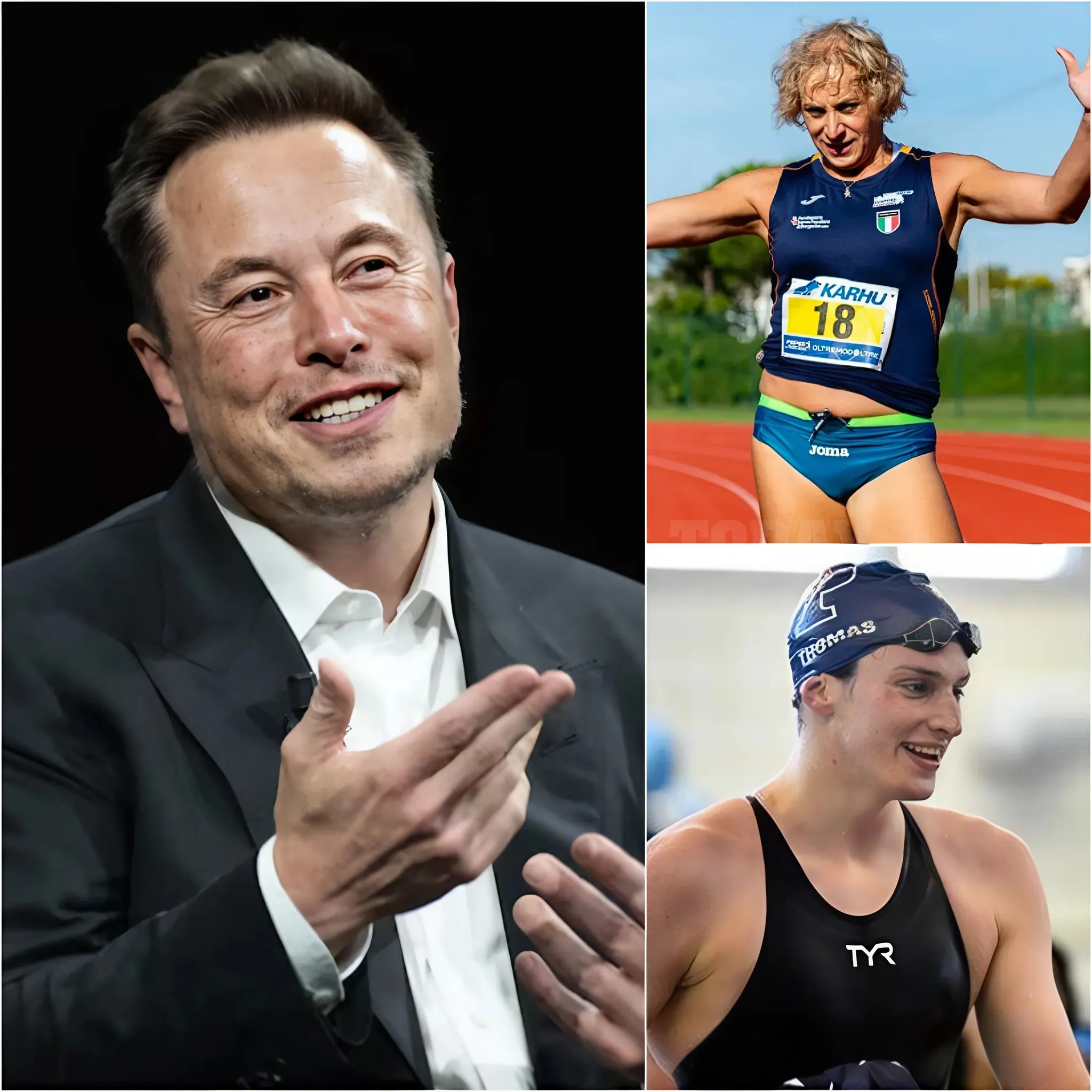Elon Musk, the billionaire entrepreneur and CEO of Tesla and SpaceX, has publicly endorsed a proposal to boycott tournaments that allow biological men to compete in women’s categories. This decision has sparked intense debate across social and political spheres, with supporters praising his stance on fairness in sports and critics arguing that it fuels discrimination against transgender athletes.

Musk made his statement in response to growing concerns about the inclusion of transgender women—individuals who were assigned male at birth but identify as female—in women’s sports competitions. The debate over this issue has been ongoing, with sports organizations, policymakers, and athletes themselves divided on how to balance inclusivity with fairness.

Musk, who is known for his outspoken views on a variety of societal and political issues, voiced his support for the boycott proposal on social media. He argued that allowing biological males to compete in female sports categories creates an uneven playing field and ultimately disadvantages cisgender women—those whose gender identity aligns with their assigned sex at birth.

His endorsement of the boycott comes at a time when sports governing bodies, such as the International Olympic Committee (IOC) and various national sports federations, are revising their policies regarding transgender inclusion. Some organizations, like World Athletics and FINA (the governing body for swimming), have imposed strict rules that restrict transgender women from competing in female categories unless they meet specific hormonal criteria. Others have adopted more lenient policies that focus on inclusion and self-identification.
The proposal Musk supports calls for athletes, teams, and sponsors to refuse participation in events that allow transgender women to compete in female categories. Advocates of this movement argue that the biological differences between men and women—such as muscle mass, bone density, and testosterone levels—give transgender women an unfair competitive advantage, even after hormone therapy. They contend that this undermines the integrity of women’s sports and erodes the opportunities available to female athletes.
Opponents of the boycott argue that it disregards the struggles of transgender individuals and perpetuates exclusionary policies. Many believe that sports should be inclusive spaces where everyone has the opportunity to compete based on their identity rather than their biological characteristics. LGBTQ+ advocacy groups and human rights organizations have criticized Musk’s stance, claiming that it contributes to a broader trend of discrimination against transgender people.
Musk’s views on gender and inclusivity have been a topic of discussion in the past. He has previously made controversial remarks regarding pronouns and gender identity, which have drawn both praise and criticism. His endorsement of the boycott further solidifies his position on this contentious issue and aligns him with conservative and feminist groups who prioritize the protection of women’s sports.
The impact of Musk’s statement has been immediate. Some high-profile athletes and sports organizations have expressed their support, while others have condemned his remarks as divisive and harmful. Social media has been flooded with discussions, with hashtags both supporting and opposing the boycott trending worldwide.
Some professional female athletes have come forward to share their concerns about competing against transgender women, citing instances where they felt at a disadvantage. Others argue that the number of transgender athletes in elite sports is relatively small and that their participation does not pose a significant threat to competitive fairness.
Legal experts suggest that enforcing a boycott could face significant challenges, particularly in countries where discrimination based on gender identity is prohibited. Major sports federations may also resist external pressure to change their policies, emphasizing their commitment to balancing fairness and inclusion based on scientific research and expert consultation.
Sponsors and businesses linked to sports events are also being drawn into the controversy. Some corporations have adopted inclusive policies and may be reluctant to support a boycott that could be seen as discriminatory. Others may side with Musk’s position, fearing backlash from fans and athletes who believe in maintaining sex-based competition categories.
Musk’s influence as a public figure and business leader adds weight to this debate. His companies, including Tesla and SpaceX, are global brands with millions of supporters and critics. His endorsement of the boycott may encourage more individuals and organizations to take a stand on the issue, potentially leading to widespread disruptions in sports competitions.
This debate is not confined to sports alone; it reflects broader societal discussions about gender identity, fairness, and inclusion. The tension between advocating for transgender rights and ensuring competitive integrity in women’s sports has led to legal battles, policy changes, and passionate discussions worldwide.
In the coming months, it remains to be seen whether Musk’s endorsement will lead to tangible changes in sports policies or if it will further entrench the divide between advocates and opponents. What is clear, however, is that the conversation surrounding transgender athletes in women’s sports is far from over, and influential voices like Musk’s will continue to shape its trajectory.
As the world grapples with the complexities of this issue, sports organizations, athletes, and policymakers will need to find common ground that respects both inclusivity and fairness. Whether through revised eligibility rules, the creation of open categories, or other solutions, the future of sports will likely be influenced by the ongoing discourse Musk has now amplified.
The intersection of sports, identity, and policy remains one of the most pressing challenges of modern athletics. With influential figures like Elon Musk entering the debate, the path forward will require careful deliberation, empathy, and a commitment to upholding both competitive integrity and human rights.





